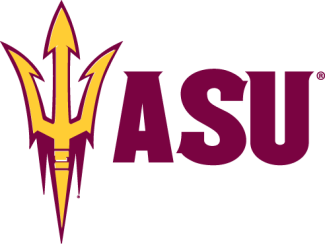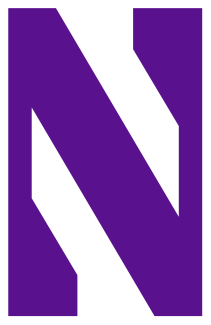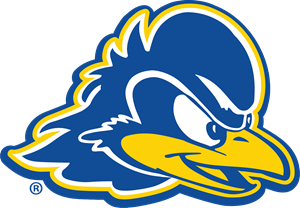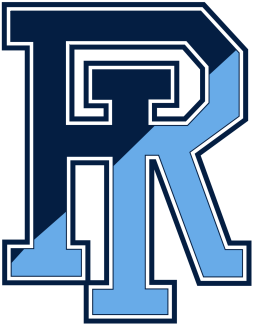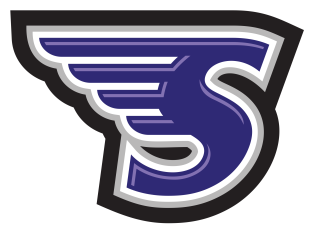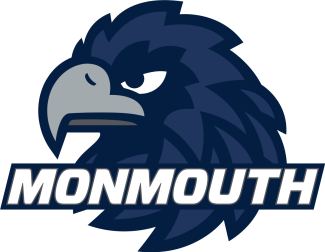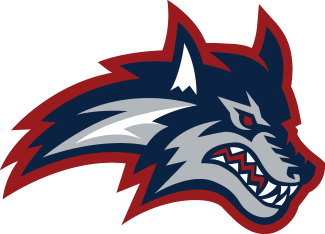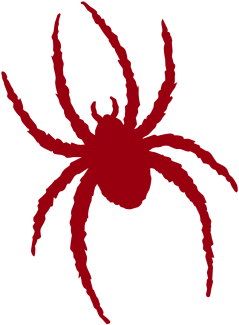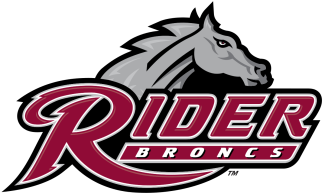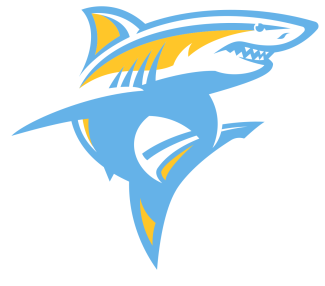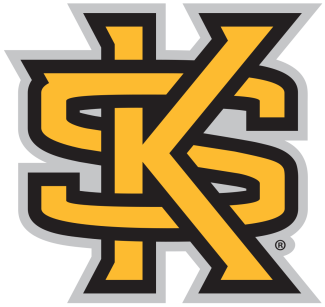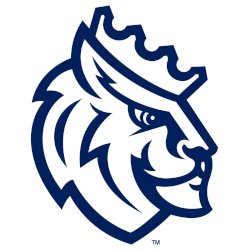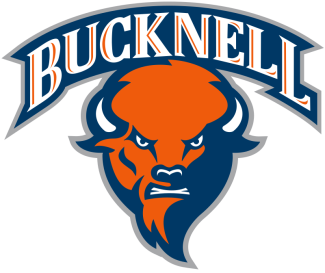And let’s face it. Kids need an outlet now more than ever. Right now, 25 percent of Hawaii public school students aren’t attending any classes in person. Others are only attending some in-person classes. For many, lacrosse is the outlet for them to socialize with others —something of which they have been deprived during the pandemic.
The coronavirus has forced the AYLA to change its plans for the 2021 season. Using USA Lacrosse’s Return to Play guidelines, the league planned an informal 10-week program starting in April. It started with skill clinics and transitioned to scrimmages.
The AYLA hopes to entrench lacrosse in local communities by meeting with athletic directors and school administrators to pitch the sport for adoption at private high schools. Pre-pandemic, these and other efforts led to 100-plus new youth players as well as new high school boys’ and girls’ club teams.
“I have three emails that are in all caps,” Barstis said, “a response to the announcement like, ‘Thank God you’re back.’”
Some AYLA players have advanced to the collegiate level. Sage Fosnak is next. She’ll play at Whitworth College in Washington beginning in the fall. After living in Hawaii for 10 years, she’ll have a lot to adapt to — the fast pace of the city, the god-awful traffic, but most importantly, learning how to play the girls’ game again.
Since her sophomore year in high school, Fosnak has played with the boys. She was the only female goalie in the organization. One of the men’s coaches, Tom Syverson, saw potential in her. Despite the fact that Syverson’s team already had a men’s goalie, he thought she could compete at a higher level and knew that the men’s game would expose her to better competition. Fosnak’s trademark is adaptability. She said yes, despite knowing there would be challenges.
“At first, they didn’t really want a girl on the team, but then I showed them, ‘Hey, I can match your level, let’s do this,’” Fosnak said.
That mindset helped Fosnak earn the respect of her team. “They’re like brothers to me,” she said. “They’ve always defended me against other people. They’ve always put me before themselves.”
And don’t even think about trash-talking Fosnak in the cage. “In games, someone would say something to me and they [her teammates] would be like, ‘Hey, watch your mouth, that’s our goalie you’re talking about,’ so it was really cool,” she said.
Unorthodox? Maybe, but that’s what the AYLA is all about. Its goal is to open doors and provide the opportunity for boys and girls to play lacrosse, and sometimes that means blending their talents together.
Lacrosse motivated Fosnak to explore colleges and universities that she otherwise might not have considered. “I’m excited to see what I can do away from home for AYLA,” she said. “I want to be able to keep growing the program while I’m gone.”
While AYLA founder Rudie Schaefer died several years ago, he’d be proud and happy to know that to this day, players like Fosnak still make it their mission to keep his memory and his goals for the organization alive.
“He wanted to grow the sport on the island and make sure that kids were having fun while also learning about something that has so much historical value,” Fosnak said. “We continue that in his honor.”

